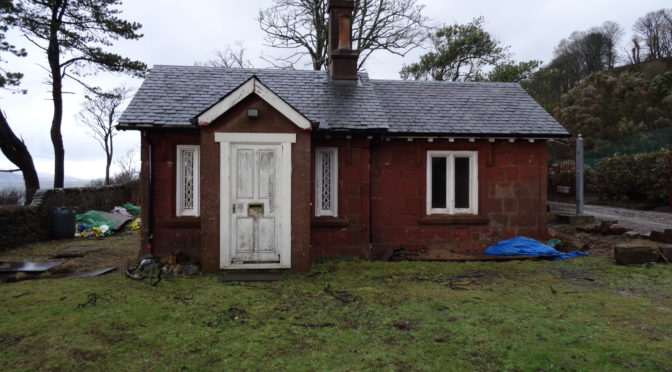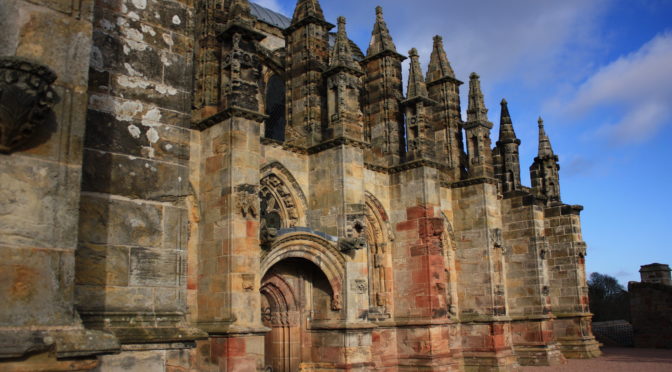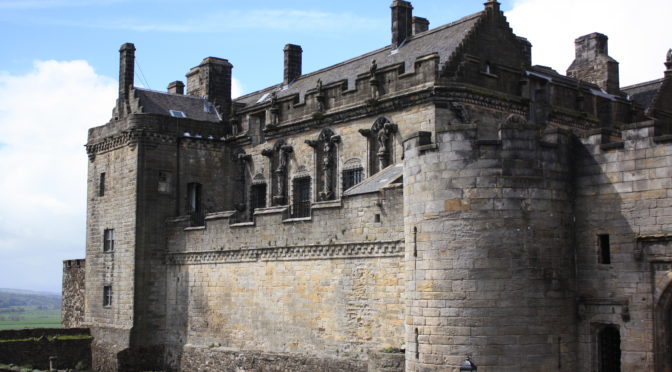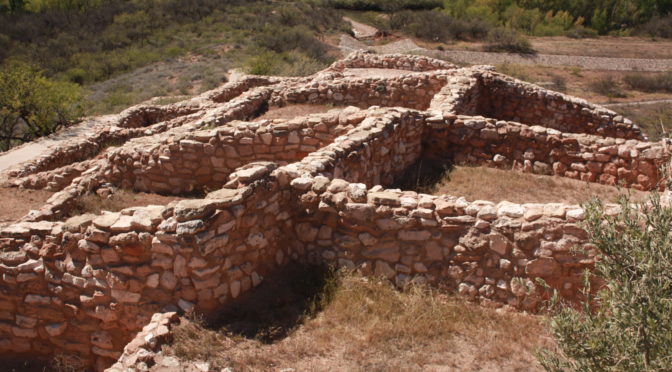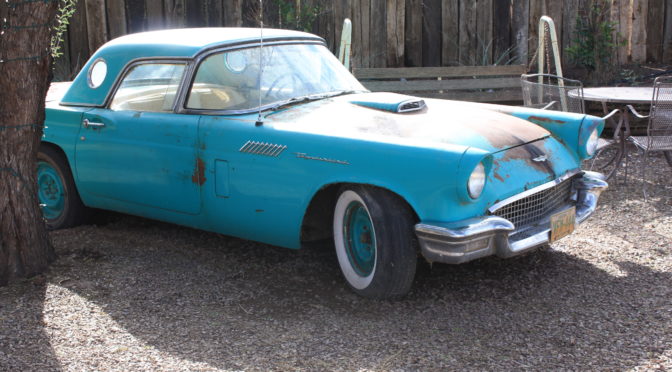About national anthems – to sing or not?
There’s nothing better than seeing a pompous, arrogant prat being brought down to earth with a thump – and former Fleet Street editor turned chat show presenter turned Twittersphere pain in the butt Piers Morgan is most definitely a pompous, arrogant prat.
After Olympian Bradley Wiggins had strained every sinew to claim a cycling gold medal for Britain, he committed the heinous crime of not singing the National Anthem. Shock horror, he even pulled a funny face on the podium.
Without delay, Morgan took to his trusty Twitter account to tell the world, “I was very disappointed @bradwiggins didn’t sing the anthem either. Show some respect to our monarch please.”
Wiggins’ reply was short and to the point. “@piersmorgan I was disappointed when you didn’t go to jail for insider dealing or phone hacking, but you know, each to his own.” So far nothing more has been heard from Morgan but give him time.
Only days earlier a similar type of row broke out in the US around the head of gymnast Gabby Douglas, part of the American gold medal winning team who had produced arguably the finest gymnastic performance since the days of Olga Korbut and Nadia Comaneci.
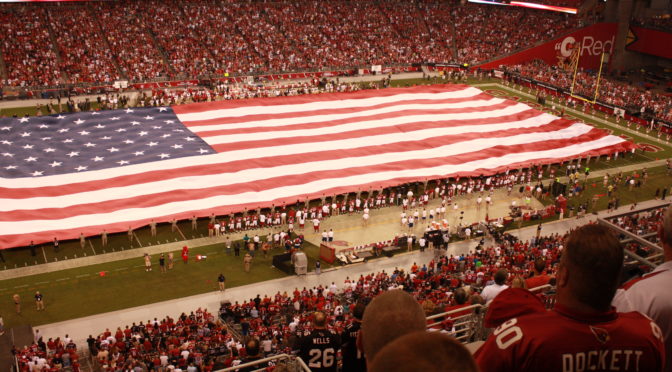
Douglas stood straight and proud as the anthem was being played – but crucially her hands were clasped in front of her. Her four colleagues held their right hands over their hearts, as many Americans do. All hell broke loose, she was accused of being ‘unpatriotic’ and of dishonouring the American flag.
Columnist Bill Plaschke wrote in the Los Angeles Times, “The next time Gabby Douglas stands on a podium for the national anthem, she can forget the words, disagree with them, protest them. But here’s hoping she never again ignores the weight of their meaning.”
Gabby Douglas aplogised but it’s not the first time a row has broken out at the Olympics over athletes allegedly disrespecting the flag or the monarchy. Remember Daley Thompson whistling the anthem after winning decathlon gold at the Los Angeles games in 1984?
Does any of this really matter a damn? These are sportspeople who have trained hard for years and turned in magnificent, medal-winning performances. What difference does it make whether they sing along or where they put their hands? Are there ancient rules of etiquette governing this sort of occasion?
I remember an old Scoutmaster once telling us boys that, when the anthem was played, we should hold our hands behind our backs and stick out our chests. The chest-puffing would demonstrate pride in Queen and country. That was his take on the matter.
The dirge-like British national anthem is so tortuous that the only emotion it ever inspired in me was boredom and a sense of ‘please let this be over’. I like Flower of Scotland as a Scottish anthem and I’ve sung along at Hampden Park football matches and other occasions. However, I never once felt the need to place my hand reverently on my heart.
My two personal favourite anthems are those of France and Wales. Over here the Star Spangled Banner is also a great spirited song, even if the ‘land of the free’ sentiment jars somewhat. Americans sing the anthem at every opportunity, from baseball and football games to high school graduation ceremonies, and people display genuine national, patriotic pride.
But surely medal winning Olympic athletes bring a sense of honour and pride to their nations simply by participating. If they win they are understandably elated. For many it is the highlight of their sporting lives. I’m not advocating outrageous behaviour on the medal podium but I do think some people should get a life.
If there was a gold medal for tweeting I would love to award it to Bradley Wiggins. But I suppose it’s too much to hope that his response will keep Piers Morgan quiet for long.

